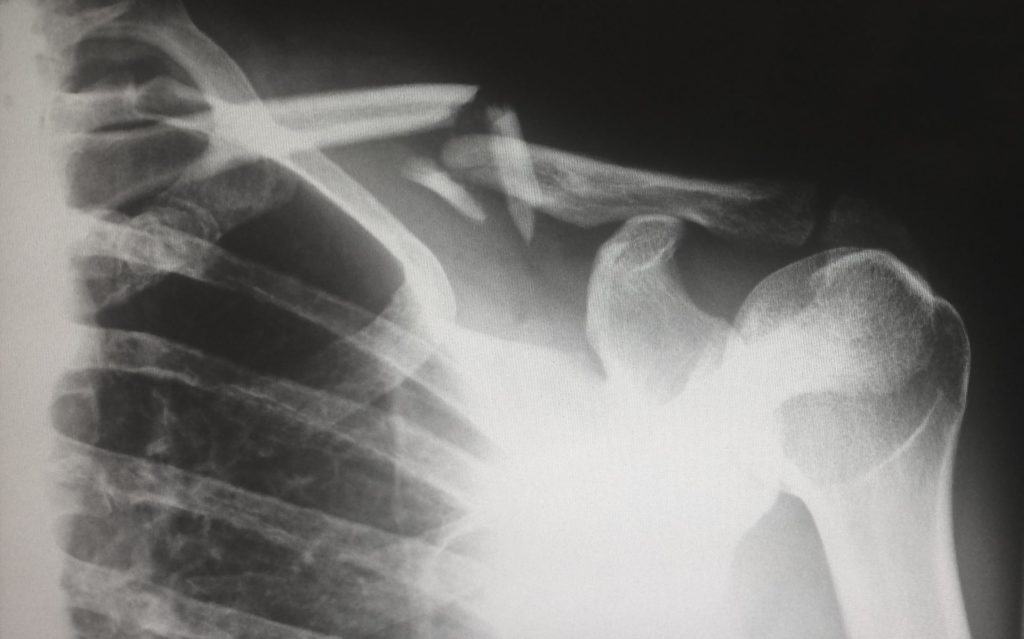
Suffering injuries due to an accident is always traumatic.
However, some injuries are worse than others, falling into the catastrophic category.
Within personal injury law, there is a question of whether an accident led to a catastrophic injury.
A difference between a catastrophic injury case and a personal injury case may be relevant for compensation amounts.
However, making the determination is not always easy.
In this article, we go over the difference between catastrophic injury and personal injury.
If you have any questions, please contact the California personal injury lawyers at the Law Office of Chuck Geerhart today.
What Is Catastrophic Injury?
Seeking to define catastrophic injury is not a clear-cut task, largely because California law has yet to provide a clear definition of catastrophic injury.
However, the catastrophic injury definition usually encompasses those injuries resulting in severe consequences that change the victim’s lifestyle.
Catastrophic injuries are also typically permanent or long-term in nature. Examples of a catastrophic injury include the following:
- Spinal cord injuries,
- Traumatic brain injuries,
- Burn injuries,
- Internal organ damage,
- Loss of vision or hearing,
- Disfigurement,
- Multiple bone fractures, and
- Amputations.
Those suffering from catastrophic injuries require extensive medical care and treatment, ongoing medical care, rehabilitation therapy, and in some cases, permanent medical assistance.
Those suffering from catastrophic injuries usually receive additional compensation.
The support for higher compensation stems from the degree of continuous suffering that requires more assistance with medical expenses, lost wages, and other issues.
What Is a Personal Injury?
Personal injury cases occur when someone suffers injuries through the fault of another, but the injury fails to rise to the level of a catastrophic injury.
Personal injury cases arise commonly after slip and fall accidents, car accidents, and dog bites. Common personal injury examples include:
- Whiplash,
- Concussions,
- Bruises and lacerations,
- Sprains,
- Strains,
- Puncture wounds, and
- Minor bone fractures.
A personal injury usually temporarily impacts a victim’s life, but the injured party generally makes a complete recovery.
While these injuries still result in medical expenses and emotional suffering, they are not usually life-changing.
Those suffering from common personal injuries are still entitled to compensation for their losses.
However, there may be a substantial difference between these compensatory awards and those provided to catastrophic injury victims.
What is the Difference Between Catastrophic and Personal Injury Cases?
Even though both catastrophic injury cases and personal injury cases involve victims suffering from serious injuries, differences exist between the two types of cases.
1. Time of Recovery
One of the most common differences between a catastrophic injury and a personal injury case is the severity of the injury itself.
Those suffering from catastrophic injuries usually never recover and require lifelong care.
Common injuries may take weeks, months, and sometimes years to heal. However, those suffering from catastrophic injuries may see no end to their recovery.
Instead, they learn to live with the injuries for the rest of their lives. For example, victims fall into a coma in some cases and may never wake again.
2. Trauma from the Injury
Those suffering from catastrophic injuries endure substantial trauma—both physical and emotional.
Therapy, counseling, and other assistive therapies are necessary to help someone learn to live in a drastically new manner due to their injury.
3. Statute of Limitations
Some catastrophic injuries may not be initially apparent after an accident.
The statute of limitations in California for personal injury cases is two years from the date of the accident. However, some with catastrophic injuries may receive a delayed diagnosis.
Additionally, those suffering from a catastrophic injury may delay bringing a claim due to incapacity or the inability to get a claim due to the injury.
Contact Our Experienced San Francisco Personal Injury Lawyer Today
For over thirty years, the Law Office of Chuck Geerhart has steadfastly represented the interests of injured victims and assisted them in recovering just compensation for their harm.
As one of the premier trial lawyers in California, Chuck is well-versed in the tricks and tactics used by insurance companies to reduce the value of your claim and place more blame on your shoulders.
Chuck works diligently on your behalf to ensure your rights are protected. You should never settle for less than you deserve.
Contact Chuck today for a free consultation.

